EVENT, RF, the city of ROSTOV-ON-DON, 10/20/2018
On 20.10.2018, our meeting with socio-politically engaged people, including bloggers, journalists and human rights activists took place in the city of Rostov-on-Don. Here, opinions and views on human rights issues in the Rostov region and the Russian South were exchanged. Topics included freedom of expression, public relations, freedom of assembly, media independence, the prevention of undue prosecution under the law on extremism, and participation in public events. The discussion was attended by well-known regional bloggers, journalists, lawyers, human rights activists, students and civil society representatives.
The southern region in which the city of Rostov-on-Don is located is problematic, as it borders on the eastern Ukrainian regions of Donetsk and Lugansk. The region’s multinational population has grown significantly due to the influx of refugees from eastern Ukraine. At the same time, in Rostov-on-Don there is traditionally a high level of crime, corruption is widespread. Due to the large number of migrants, some of whom are politically motivated, the population in the region is highly politicized. The government responds to civic activities by rigorously controlling all public events and responding repressively to critical publications, even using the extremism law to counter protest marches, rallies and demonstrations. The activities of independent non-governmental organizations are closely monitored.
For these reasons, few meetings of independent civil society actors can take place and few human rights activists remain. Therefore, this event was appreciated by the participants as an opportunity to communicate freely and exchange information on regional issues. It was also an opportunity for Russian human rights organizations to engage with their region and to learn something about the practice of independent media (presentation of humanrights-online). The discussion was active and lively.
It was noted that the regional media have no freedom and are controlled mainly by local authorities of the ruling elites. There are independent public organizations whose activities are strictly controlled by the authorities. Activists who reject official views and criticize regional authorities face threats and persecution, including through criminal repression (for example, IGFM case S. Resnik). Youth clubs and associations are few. While there are many bloggers with varying degrees of activity, only a few of them deal with social and political issues, international relations, and migration issues.
The main problem identified by the participants was the practical impossibility of undertaking opposition activities, without a sharp reaction from the regional authorities. Neither press nor television are independent. There are individual internet channels, websites and bloggers that objectively illuminate the situation in the region. However, they are persecuted, including through the courts, which then closes down such resources.
There are no independent courts. Opposition and human rights defenders are detained with criminals. Conditions in detention centers and prisons do not meet minimum standards and in some cases can be considered as torture. Authorities can close any website that accuses them of extremism. Non-profit organizations, bloggers and journalists are forced to censor themselves in order not to fall under the law against extremism. The region is also especially tightly controlled by the federal authorities of Russia.
At the same time, it should be noted that the problems faced by civil society activists in Rostov-on-Don are similar to those in other regions:
The media is controlled. The court system is not independent. Economic potential has sharply declined. Migration to this area is high; sometimes occurring as a change of residence, and sometimes as a stop on the way to other countries.
Low incomes relative to high prices, intense social stratification and a difficult social situation, along with high real unemployment (since wages in many cases are at subsistence level) add to the list of challenges. High crime rates coupled with distrust of law enforcement agencies are also prevalent.
It was obvious that people did not dare to talk about all the problems. The meeting raised questions on the administrative and criminal prosecution of journalists, bloggers, human rights activists and lawyers, which also highlighted the caution of the participants in the event and the low level of civic activity of the local population.
At the same time, the event was actively accepted and supported by the participants. Journalists, bloggers and representatives of NGOs have shown interest in providing us with information and using our website for their publications. There was a desire to continue cooperation and hold further such meetings.



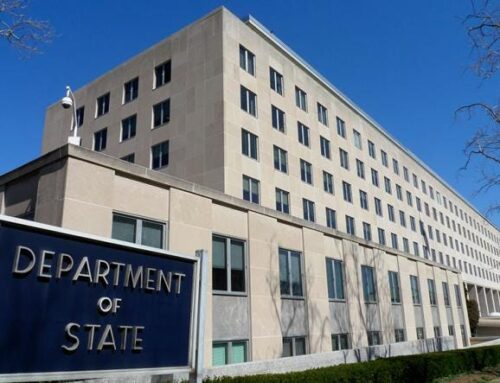
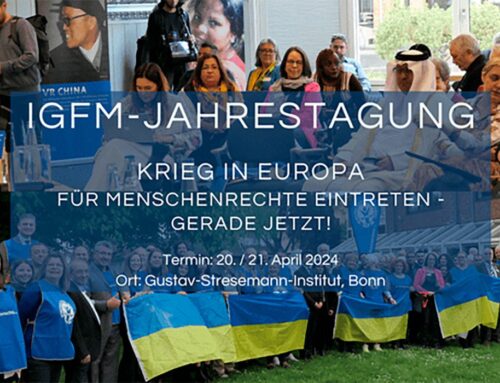
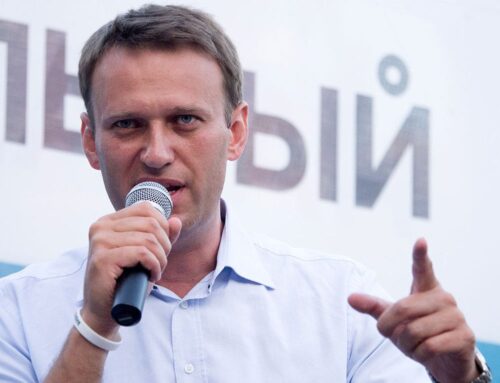
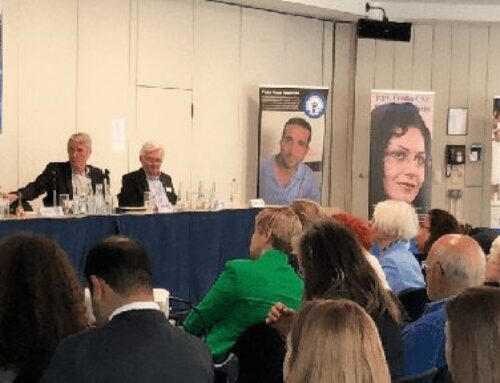
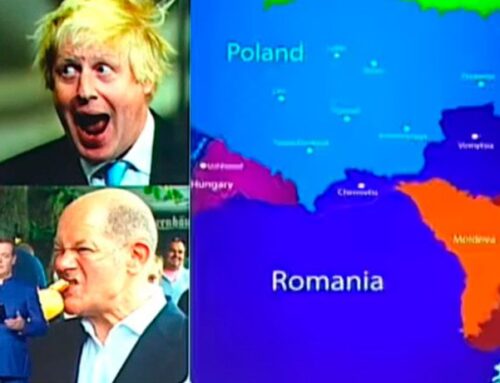
Leave A Comment